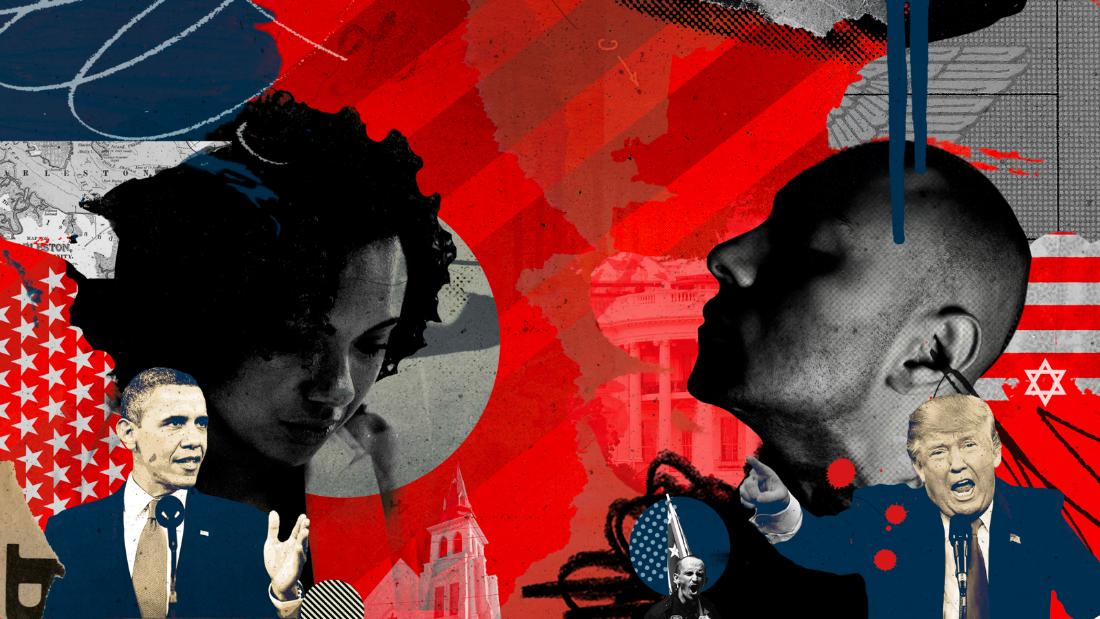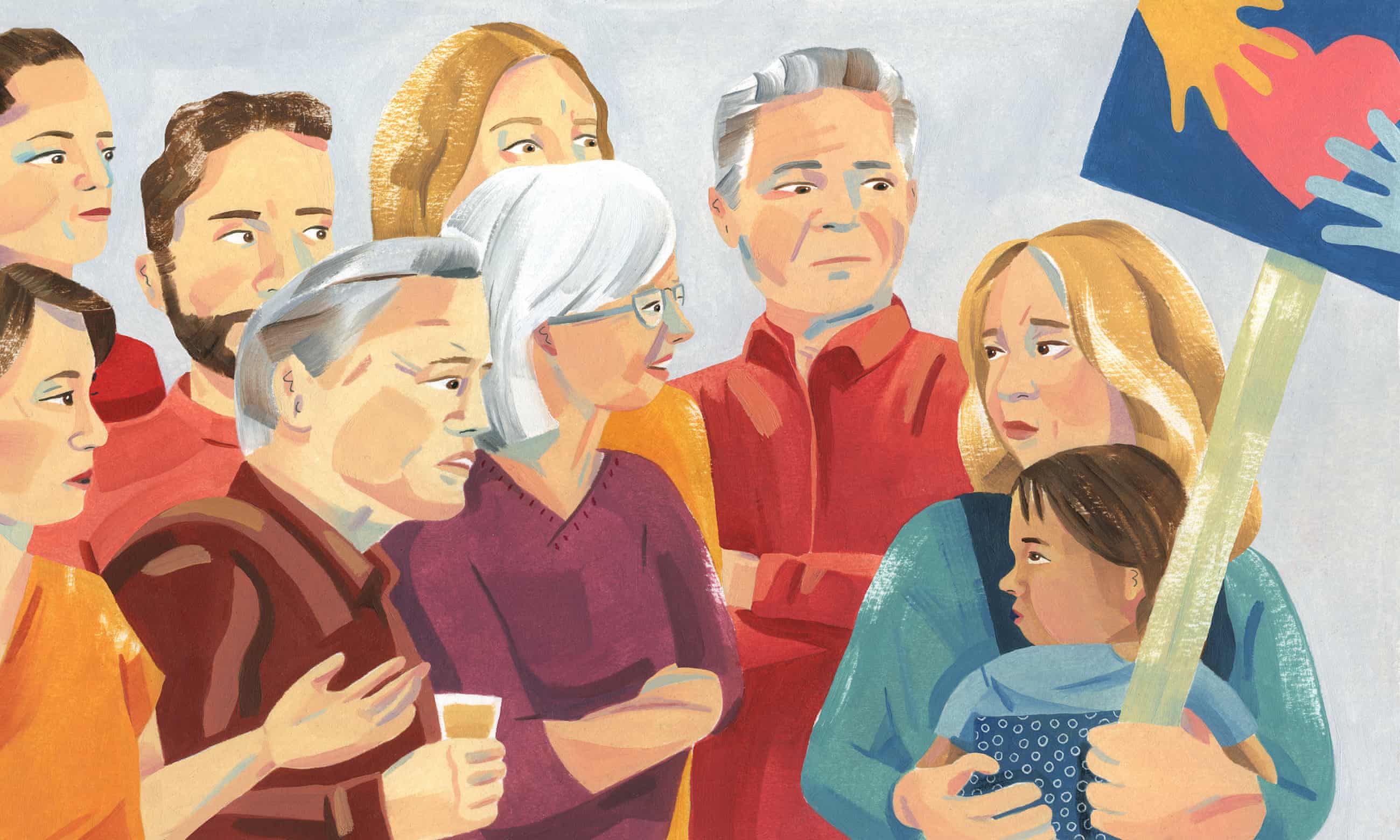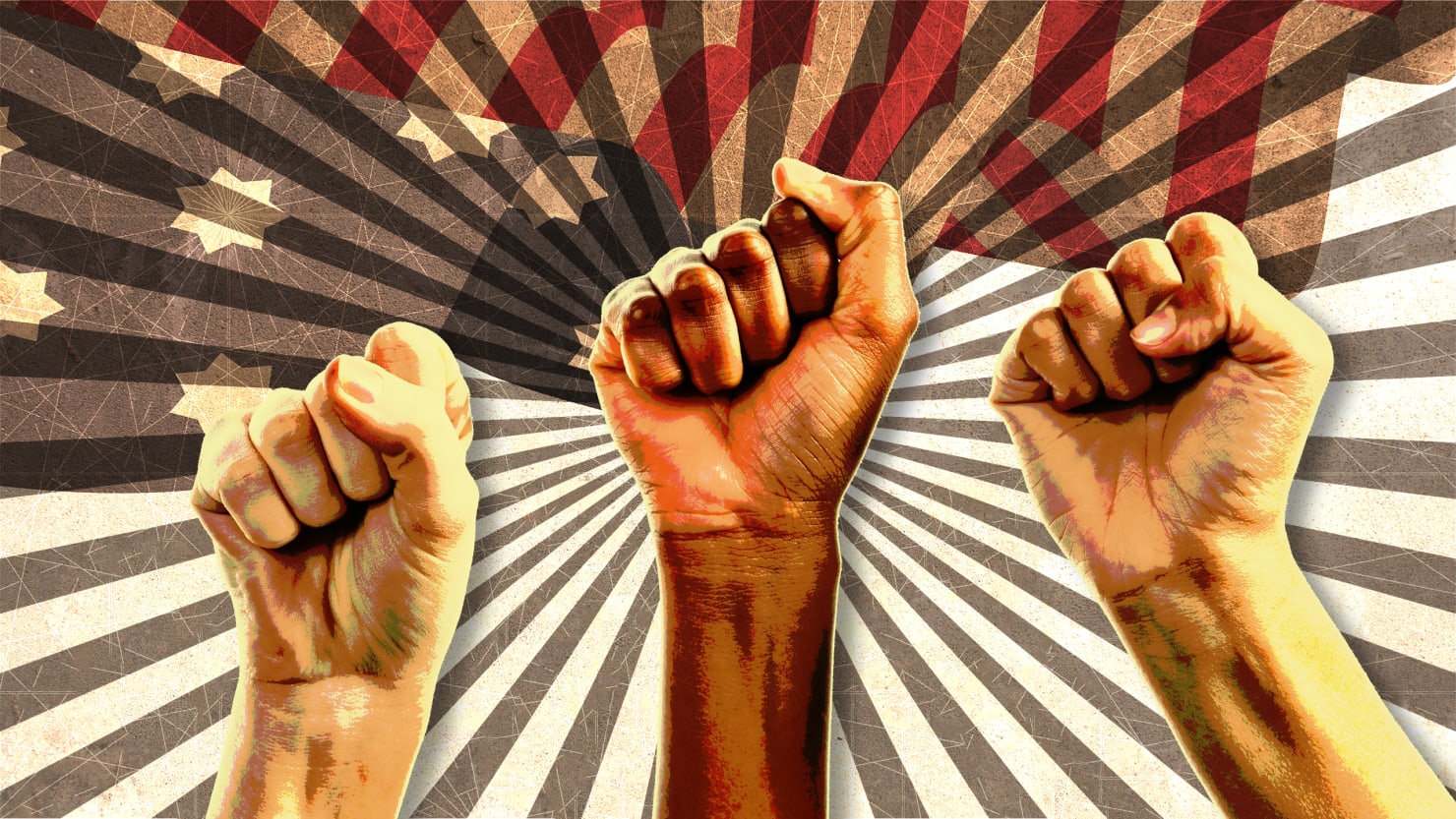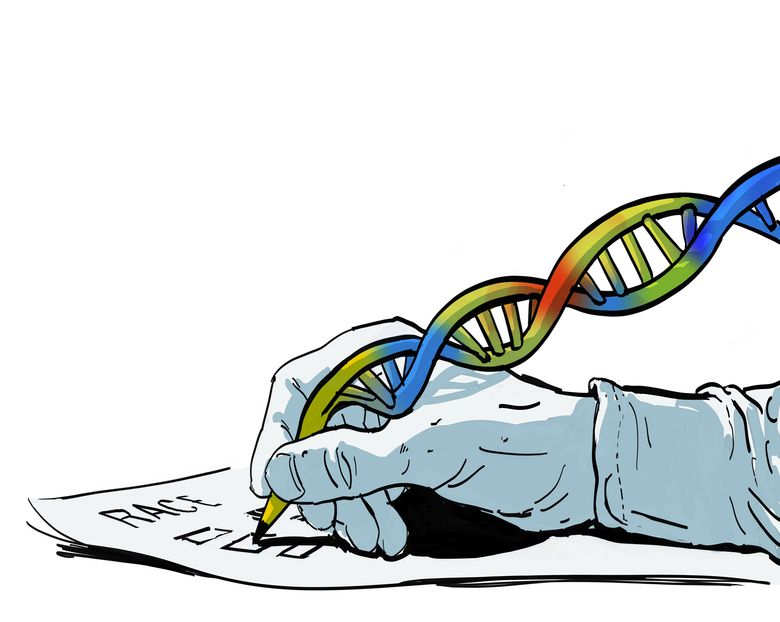Comparative Racial Politics in Latin America (First Edition)
Routledge
2018-09-04
358 pages
31 B/W Illus.
Paperback: 9781138485303
Hardback: 9781138727021
eBook (VitalSource): 9781315191065
Edited by:
Kwame Dixon, Associate Professor of Political Science
Howard University, Washington, D.C.
Ollie A. Johnson III, Associate Professor of African American Studies
Wayne State University, Detroit, Michigan

Latin America has a rich and complex social history marked by slavery, colonialism, dictatorships, rebellions, social movements and revolutions. Comparative Racial Politics in Latin America explores the dynamic interplay between racial politics and hegemonic power in the region. It investigates the fluid intersection of social power and racial politics and their impact on the region’s histories, politics, identities and cultures.
Organized thematically with in-depth country case studies and a historical overview of Afro-Latin politics, the volume provides a range of perspectives on Black politics and cutting-edge analyses of Afro-descendant peoples in the region. Regional coverage includes Argentina, Brazil, Colombia, Cuba, the Dominican Republic, Ecuador, Haiti and more. Topics discussed include Afro-Civil Society; antidiscrimination criminal law; legal sanctions; racial identity; racial inequality and labor markets; recent Black electoral participation; Black feminism thought and praxis; comparative Afro-women social movements; the intersection of gender, race and class, immigration and migration; and citizenship and the struggle for human rights. Recognized experts in different disciplinary fields address the depth and complexity of these issues.
Comparative Racial Politics in Latin America contributes to and builds on the study of Black politics in Latin America.
Table of Contents
- Introduction: Comparative Racial Politics in Latin America – Black Politics Matter [Kwame Dixon and Ollie A. Johnson III]
- Part 1: History
- 1. Beyond Representation: Rethinking Rights, Alliances and Migrations: Three Historical Themes in Afro-Latin American Political Engagement [Darién J. Davis]
- 2. Recognition, Reparations, and Political Autonomy of Black and Native Communities in the Americas [Bernd Reiter]
- 3. Pan-Africanism and Latin America [Elisa Larkin Nascimento]
- Part 2: The Caribbean
- 4. Black Activism and the State in Cuba [Danielle Pilar Clealand]
- 5. Correcting Intellectual Malpractice: Haiti and Latin America [Jean-Germain Gros]
- 6. Black Feminist Formations in the Dominican Republic since La Sentencia [April J. Mayes]
- Part 3: South America
- 7. Afro-Ecuadorian Politics [Carlos de la Torre and Jhon Antón Sánchez]
- 8. In The Branch of Paradise: Geographies of Privilege and Black Social Suffering in Cali, Colombia [Jaime Amparo Alves and Aurora Vergara-Figueroa]
- 9. The Impossible Black Argentine Political Subject [Judith M. Anderson]
- 10. Current Representations of “Black” Citizens: Contentious Visibility within the Multicultural Nation [Laura de la Rosa Solano]
- Part 4: Comparative Perspectives
- 11. The Contours and Contexts of Afro-Latin American Women’s Activism [Kia Lilly Caldwell]
- 12. Race and the Law in Latin America [Tanya Katerí Hernández]
- 13. The Labyrinth of Ethnic-Racial Inequality: a Picture of Latin America according to the recent Census Rounds [Marcelo Paixão and Irene Rossetto]
- 14. The Millennium/Sustainable Development Goals and Afro-descendants in the Americas: An (Un)intended Trap [Paula Lezama]
- Conclusion [Kwame Dixon and Ollie A. Johnson III]








